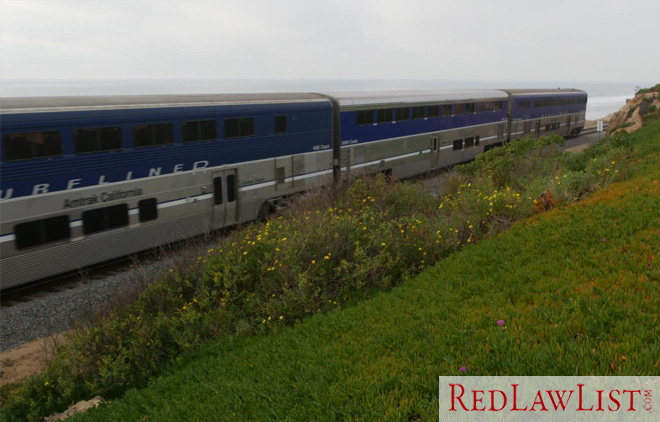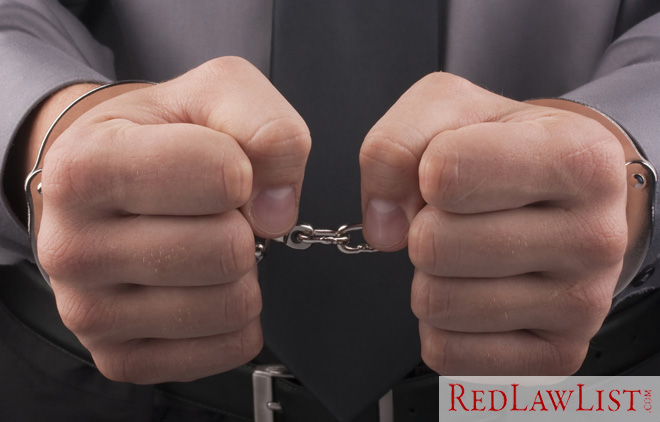
An Amtrak train derailment in September 2021 resulted in 3 deaths and dozens more injured. The first of what will likely be several lawsuits dropped when the family of Zach Schneider sued both Amtrak, along with BNSF Railway, who maintains the tracks where the accident happened, for negligence.
The train was going traveling west out of Chicago. Zach, a 28-year-old software engineer from Chicago’s north suburbs, along with his wife, Rebecca, were on their way to Portland. As they traveled through Montana, about 200 miles north of Helena, 8 of the 10 train cars derailed and toppled onto their side.
The Schneider family’s lawsuit charges that Amtrak violated “the highest duty of care,” which it defined as the responsibility of “safely operate, inspect, maintain and repair the railcars and engines…” The lawsuit further names BNSF Railway, alleging that the tracks themselves were unsafe.
“Trains just don’t derail by themselves,” said the Chicago attorney representing the Schneider family.
At the point of the derailment, the train was traveling 78 mph, considered to be an appropriate speed for the area. But the plaintiffs charge that BNSF Railway didn’t “communicate information regarding the true condition of the track at and around the East Buelow switch point,” where there was a gradual curve.
The lawsuit goes on to say that problems with the track may have developed from what is called “heat-induced buckling,” something that happens when tracks endure extreme temperature changes. Additionally, it alleges that Amtrak and BNSF failed in their duty to ensure both that neutral temperatures were maintained and the conditions of the track appropriately monitored.
The National Transportation Safety Board (NTSB) is currently investigating the crash. Their findings, along with expert witness testimony on both sides, will likely play a significant role in how the court ultimately rules on the negligence question.
In the meantime, there is another jurisdictional issue, rooted in the fine print of an Amtrak ticket. In January 2019, the company instituted a mandatory arbitration policy: anyone who had a grievance against the company was agreeing to resolve it in arbitration, rather than a lawsuit.
Taken on its face value, anyone who buys an Amtrak ticket waives their right to sue.
But is this type of clause, buried in the fine print, going to hold up?
“(Amtrak) is an entity that is partially owned by the U.S. government,” said Driscoll. “Now… they want to deny their passengers their constitutional right to a jury trial…?”
Driscoll’s decision to vigorously contest the clause is backed up by observers without direct skin in the game. Linda Lipsen, of the American Association for Justice, argued that Amtrak “should be held accountable in an open forum, not behind closed doors.” The nonprofit group Public Citizen already has a case under appeal in federal court that argues this clause is unconstitutional.
All of this leaves the court system with a lot to decide. The Schneiders’ basic right to sue, and all the other victims of the crash, must be resolved. This alone is a decision that will have a wide-ranging impact on future accidents.
Then there’s the matter of negligence in this particular tragedy. If negligence is determined, then blame must be apportioned between Amtrak and BNSF Railway. Finally, an amount must be settled upon. A lot of decisions are still ahead.


